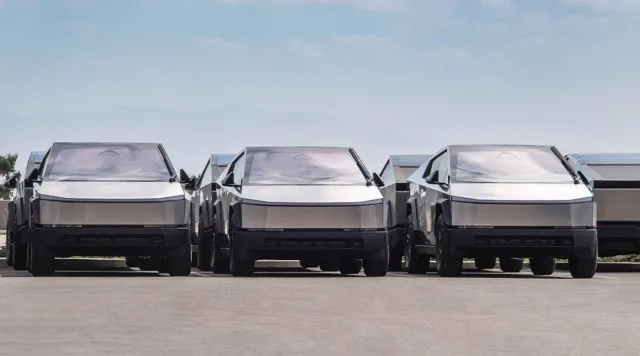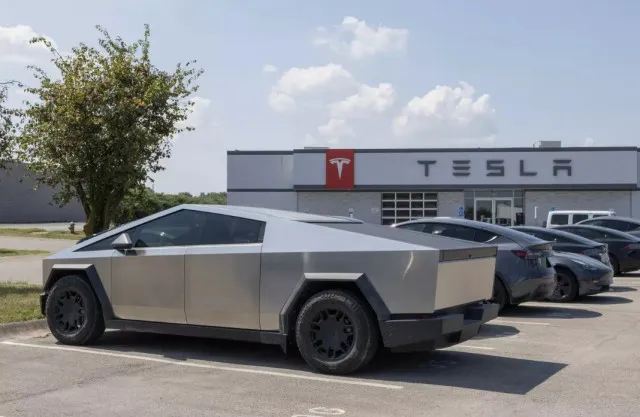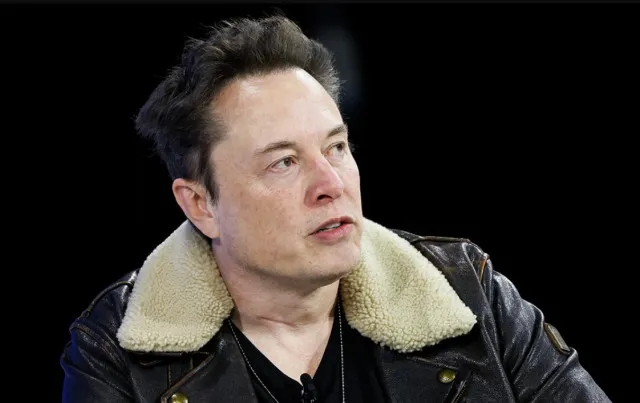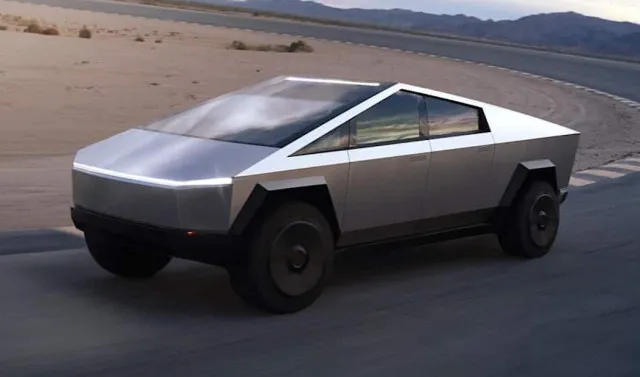Tesla reportedly has $800 million in unsold Cybertrucks as demand drops, leaving thousands of vehicles sitting idle and unwanted.
Tesla, once hailed as the pioneer of electric vehicles, is currently confronting a significant hurdle.
The company reportedly has over 10,000 unsold Cybertrucks sitting in inventory, valued at approximately $800 million.
The mounting stockpile shows a troubling sales performance for the futuristic pickup truck.Despite ambitious targets, it has struggled to find eager buyers.

Declining sales and financial performance raise concerns
The past year has been tough for Tesla’s bottom line.
Although Tesla symbolizes innovation, recent quarters reveal a sharp 20% drop in car sales revenue, signaling a troubling decline.
Moreover, Tesla’s net profit has plummeted by 71% compared to the same period last year.
These figures suggest a deeper problem within the company’s sales strategy and market appeal.
Political controversies impact Tesla’s market image
Tesla’s connection to political figures has reportedly affected public perception.
Elon Musk’s new role leading the Department of Government Efficiency and ties to Trump allies have stirred significant controversy.

These political ties have led to protests and vandalism targeting Tesla, while some investors have voiced concerns about Musk’s leadership.
This politicization appears to be influencing the company’s brand reputation and consumer confidence.
Cybertruck sales fall short of ambitious targets
Despite Musk’s goal of selling 250,000 Cybertrucks annually, the reality has been far less optimistic.
In the first quarter of 2025, Tesla managed to move only 6,400 units, a fraction of the projected numbers.
Efforts to boost sales have included a dramatic price cut, slashing $10,000 off the original sticker price, and introducing a more affordable Rear-Wheel Drive model priced at $69,990.
Unfortunately, these initiatives have not generated the expected increase in demand.

The cheaper Cybertruck variant lacks some of the features that attracted initial interest, such as adaptive suspension, rear lightbars, and bed outlets.
This trimming of key components has disappointed potential buyers and critics alike.
Tesla’s reliability has taken a hit due to multiple recalls involving issues like sticky accelerators and faulty doors.
Production adjustments signal strategic shift at Tesla
In response to weak sales, Tesla has reportedly scaled back Cybertruck production.
Workers formerly dedicated to building the pickup have been reassigned to focus on the more popular and dependable Model Y.
The shift signals a strategy to focus on stronger-selling models to stabilize revenue and rebuild confidence.

Tesla’s marketing strategy has often emphasized bold and eccentric product reveals, but consumer tastes appear to be evolving.
Buyers now prioritize practical designs and reliability over futuristic gimmicks.
The Cybertruck’s unconventional styling and ongoing issues have not matched these expectations, leaving Tesla to reconsider how it can better meet market demands.